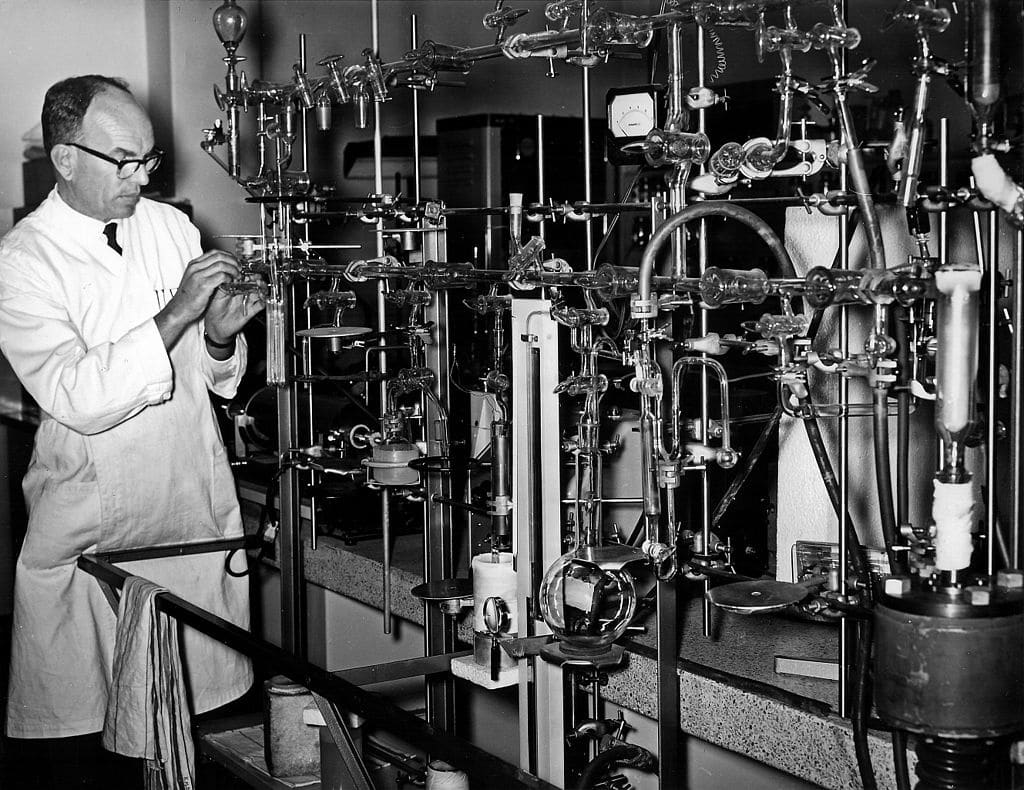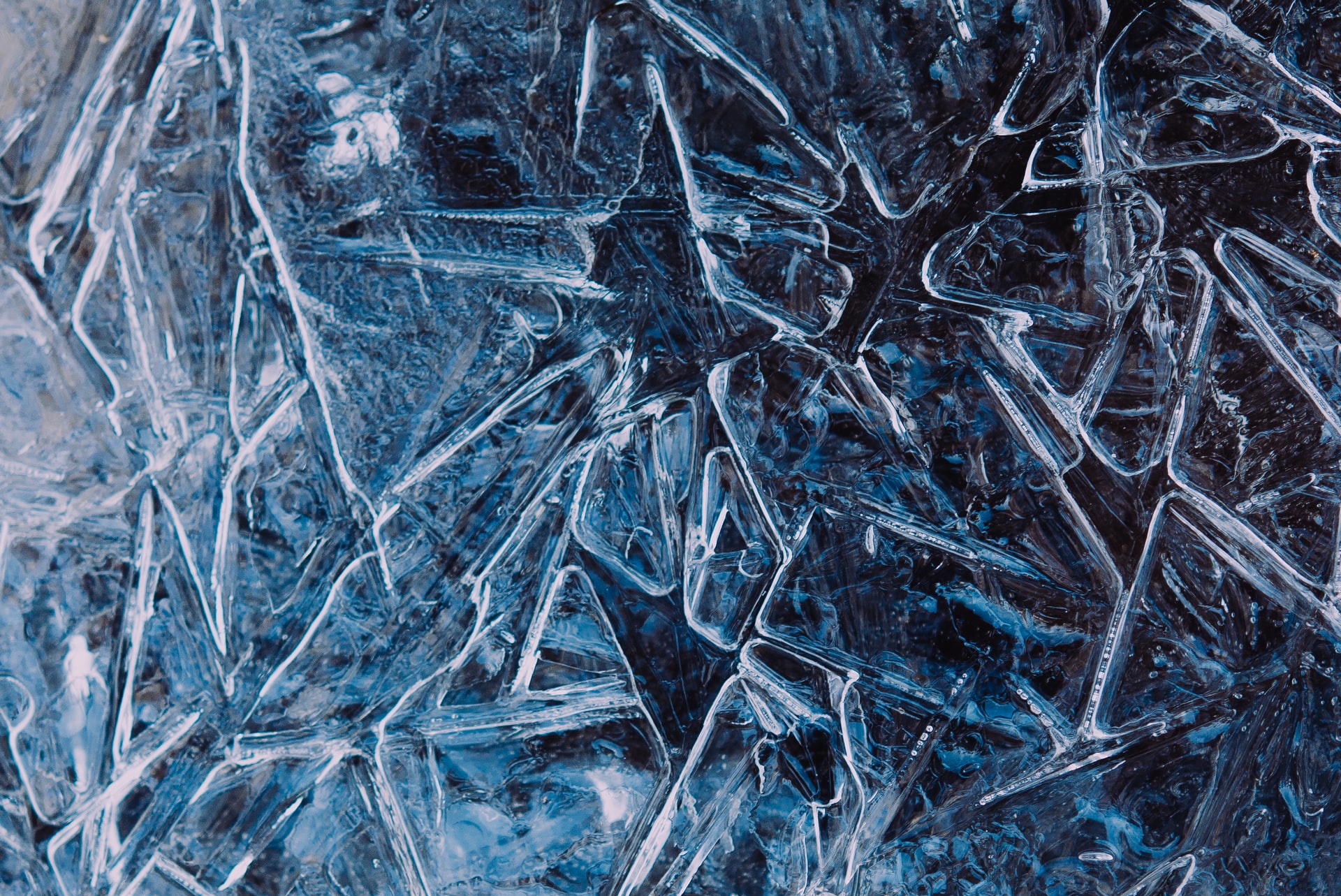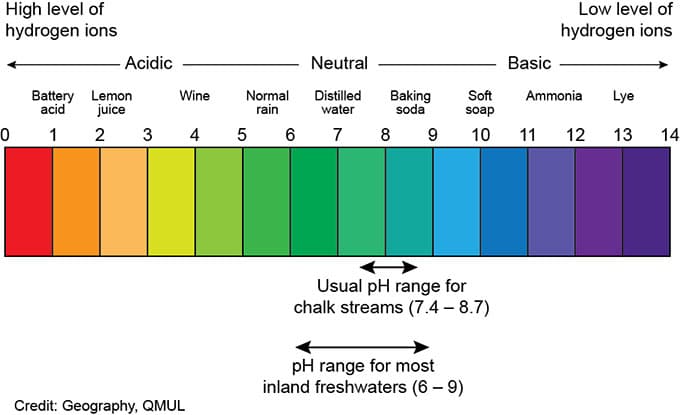Carbon-14 is used for radio carbon dating. Carbon 14 is a radioactive isotope of carbon with an atomic nucleus containing 6 protons and 8 neutrons. It’s presence in organic materials is the basis of the radio carbon dating method pioneered by Will Libbey and his colleagues to estimate the age of something after it died. […]
Have you ever experienced opening up your fridge to get some ice cubes for your drink but were welcomed with empty trays instead? It’s kind of frustrating, right? But did you know there’s a simple and quite effective way to make ice cubes quickly? And that is to use hot water instead of cold! Yes, […]
MATERIALS: 2 cans Black paint White paint Painting brush Water Thermometer ORDER OF ACTIONS: Paint one of the cans black, and the other one white. Fill the cans with water and record the temperature of both cans. Leave the cans in sun for about 1 hour. Measure the temperature in each can. RESULTS The water […]
In this experiment we will explore how many drops of water you can fit on the surface of a coin. Materials: A coin A dropper A cup of water Experiment: Fill a dropper with water. Slowly drop water on a coin. Hold very steady and use your finger to stabilize the dropper as shown in […]
Marie Curie was a chemist. She discovered two elements – 1. Radium, 2. Polonium. She was the only woman who was awarded 2 Nobel prizes. She was born in Warsaw, Poland in 1867. She died in 1934. Being a girl, she faced difficulties studying in Poland. So she moved to France. There she met Pierre […]
This experiment is about polymers and we will make slime to create one. Polymers are formed from long chains of molecules that keep repeating themselves. Here is an example of a polymer with repeating molecules connected together. Slime is also a polymer. Materials: Deep bowl White glue Shaving cream Food color Spoon Hand wash Experiment: […]
The normal pH of soap is between 7 to 10 Ph. The normal pH of saliva is between 2 to 7.6 Ph. The normal pH of water is between 5 and 8.5 Ph on a scale of 0 to 14. The normal pH of the mucus in our stomach is between 1 to 2. The […]
Being good, or even great at math and science is not difficult. Follow along as I explain the secrets to mastering what many believe are some of the most difficult school subjects. Does even hearing the word “Algebra” make you feel nervous? When someone mentions chemistry or physics, do you start feeling faint? Do you […]
Ask and answer homework questions in this group that can include math, science, history, astronomy, languages, history, social science, literature, and anything in between!
Post up anything that has to do about science! Talk about Science! Post up cool science pics and drawings! Ask and answer science questions! You can even mention science TV shows, science movies, and even science shorts! Above all, have fun!









